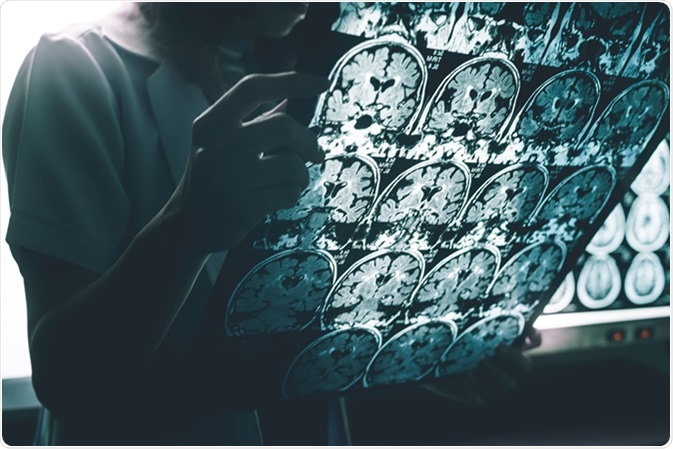By Sophie Mullany, BSc
Reviewed by Rebecca Woolley, B.Sc.
Last Updated: Feb 26, 2019
Alzheimer’s disease remains the leading cause of dementia worldwide. Mounting evidence now suggests that the body’s inflammatory responses may play a significant role in the development of Alzheimer’s, and that these pathways could be targeted in its treatment.
The Immune System and Inflammation
The body’s immune system acts as a defensive security system by recognizing and defending against invading pathogens which could cause infection and disease. A wide variety of cells, tissues, proteins and organs are involved in this process.
Among the most important of these are microglia. As the second most common cells in our brains after neurons, microglia form the initial and major immune defense in the central nervous system.
Microglia are extremely sensitive to any pathogenic change in the brain and respond to foreign microorganisms or injury by becoming ‘activated’. During this process, they rapidly change morphology and migrate to the site of infection or injury to destroy pathogens and remove damaged cells via phagocytosis.
In the development of an infection, another response of microglia is to release inflammatory chemicals such as cytokines, chemokines and reactive oxygen species. Although these chemicals are released in order to combat harmful pathogens, sometimes healthy brain cells can be caught in the crossfire, causing inflammatory responses like pain, redness, swelling and heat.











